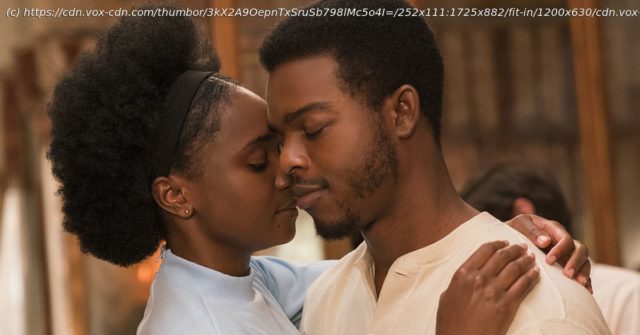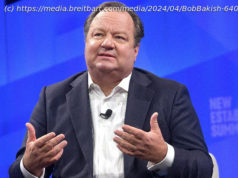Films that challenge and rewire the imagination.
“The opposite of racist isn’t ‘not racist,” Ibram X. Kendi writes in How to Be an Antiracist. “It is ‘antiracist.’” Kendi goes on to argue that being antiracist involves, in part, understanding the problems in power and policies that prop up racial inequalities.
Understanding that power and those policies, though, can be a long process, especially for those who haven’t suffered directly, or even have benefited, as a result of them. One way to begin is by watching great films. Images and the stories they tell shape our imaginations in powerful ways, and cinema can be a force for rewiring how viewers see the world off-screen, too.
Related
These documentaries and fictional movies challenge the ways films depict black life. They confront white Americans who like to think of themselves as “not racist.” They question notions about whose stories are worth telling. And they remind us about what parts of our history we might feel more comfortable sweeping under the rug. For those who want to understand where we are as a country, how we got here, and where we need to go next, these 11 films are a good a place to start.
Did You Wonder Who Fired the Gun? began as a “live documentary” about one white filmmaker’s reckoning with his family’s racist past. Travis Wilkerson’s great-grandfather murdered a black man in 1946, and decades later, Wilkerson set out for Alabama to try and figure out what happened. Through interviews, photos, music, and searing personal confession, Wilkerson told the story while sitting on stage as clips and photos are projected onto the screen. (I saw a performance of it at the True/False Film Festival in 2017, and it’s among the most gutting filmgoing experiences I’ve ever had.) Wilkerson’s anger and brokenness are palpable as he reckons with a history of white supremacy that belongs to his family and to him, too — and that translates clearly to the recorded version that you can watch at home.
How to watch it:Did You Wonder Who Fired the Gun? is available to digitally rent or purchase on Amazon.
Spike Lee’s 1989 classic is a comedy with an angry edge, one that demands a viewingmore than three decades later. On the hottest day of the summer in Bed-Stuy, Brooklyn, tensions start to rise, leading to an altercation. When the police arrive to break up the fight, they choke one of the participants — a black man named Raheem — and kill him, then flee the scene, leading to more violence. Lee dedicated the film to Eleanor Bumpurs, Michael Griffith, Arthur Miller Jr., Edmund Perry, Yvonne Smallwood, and Michael Stewart, six victims of racial violence and police brutality. When it came out, Do the Right Thing was criticized not for its depiction of police violence but because critics like New York magazine’s Joe Klein and the New Yorker’s David Denby said it could incite racial violence. Now, it’s brutally clear how perfectly it diagnosed and depicted how black Americans are treated.
How to watch it: Do the Right Thing is available to digitally rent or purchase on iTunes, Amazon, YouTube, Google Play, and Vudu.
Related
Racism is sinister, frightening, and deadly. But Get Out isn’t about the blatantly, obviously scary kinds of racism — burning crosses and lynchings and snarling hate. Instead, it’s interested in skewering white liberal racism, the prejudice of those who fancy themselves enlightened. Racism that masks itself as aggressively harmless is just as horrifying as blatant prejudice, and in Get Out, director Jordan Peele works to make us feel that horror in a visceral, bodily way. In the tradition of the best classic social thrillers, Get Out takes a topic that is often approached cerebrally — casual racism — and turns it into something you feel in your gut. And it does it with a wicked sense of humor.
How to watch it: Get Out is available to digitally rent on iTunes, Amazon, Google Play, YouTube, and Vudu.
Related
As much a tonepoem as a documentary, RaMell Ross’s Hale County This Morning, This Evening is best described as “lyrical.” Ross carefully assembles hours of footage he shot while living in Hale County, Alabama — of water droplets on a baby’s skin, of kids goofing off in a parking lot, of churchgoers singing during mass, of old houses, of insects, and more.






